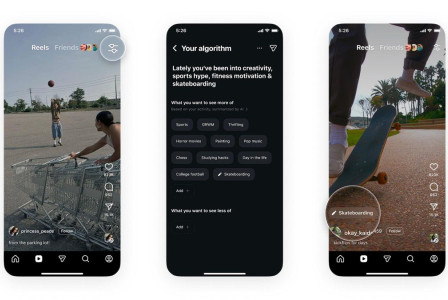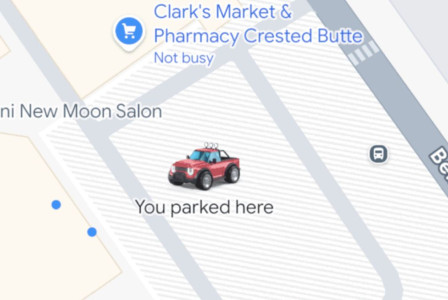SEARCH
WhatsApp Ads delayed in the EU at least until 2026

SHARE IT
WhatsApp users in the European Union can breathe a sigh of relief—for now. Despite ongoing speculation about ads arriving on the messaging platform, Meta has confirmed that the rollout of its advertising model will not reach EU users before 2026. The news offers a temporary reprieve from concerns about targeted promotions invading private messages, while also highlighting the increasing regulatory power of the European bloc.
According to a recent report by POLITICO, Meta has informed Ireland’s Data Protection Commission (DPC) that its plans to introduce ads on WhatsApp will be postponed within the EU. The decision comes amid growing regulatory pressure from the European Commission and privacy watchdogs, particularly around how user data from Meta’s other platforms, such as Facebook and Instagram, might be leveraged for personalized advertising.
This isn’t a move born out of goodwill. The delay gives Meta time to navigate the complex web of European privacy laws and allows regulators the opportunity to assess the implications of the ad model. At the heart of the debate lies a familiar concern: how much control should users retain over their personal data in a digital ecosystem dominated by just a handful of tech giants?
The EU’s firm stance on digital privacy and fair competition has already forced significant changes in the tech landscape. Recent examples include Apple’s iOS 17.4 update, which finally enabled sideloading on iPhones—a change mandated by the Digital Markets Act (DMA). This regulation has also compelled Microsoft to scale back aggressive promotion of its Edge browser within the EU, addressing long-standing complaints about platform neutrality. In both cases, European consumers have seen tangible benefits from the bloc’s assertive regulatory approach.
It's precisely these kinds of interventions that tech giants like Apple have warned other governments against. The company recently advised Australian lawmakers not to follow the European example, citing potential risks to user safety and data integrity. Apple’s argument is that loosening control over its closed ecosystem could open the door to security vulnerabilities. Critics, however, see such warnings as self-serving efforts to maintain market dominance under the guise of protecting users.
Back in Ireland, the Data Protection Commission is gearing up for discussions with WhatsApp to further examine the proposed advertising model. Commissioner Des Hogan confirmed that the agency would engage with other data protection authorities across the EU to gather collective input and assess any potential red flags.
Another commissioner, Dale Sunderland, emphasized that these talks are still in their early stages. While no definitive concerns have been outlined, the Commission remains vigilant, particularly regarding how Meta might use cross-platform data to serve ads inside the WhatsApp environment.
For now, WhatsApp remains ad-free for European users—a situation that could change over time, depending on regulatory outcomes. Meanwhile, in other regions, Meta is preparing to introduce advertising in the Updates tab, a space that includes status updates and official announcements from businesses. The company has been careful to clarify that private chats will remain untouched by advertising, at least for the foreseeable future.
In a follow-up statement, WhatsApp reaffirmed its commitment to keeping personal conversations free from commercial intrusion. Instead of placing ads within chats, Meta is focusing its monetization strategy around the Updates tab, which the company claims better aligns with user behavior and expectations. WhatsApp acknowledged that new features typically take months to deploy globally, but it confirmed its intention to eventually introduce this model to all markets.
Still, for many observers, the bigger picture is clear: Europe is rapidly becoming the world’s testing ground for reining in Big Tech. With the Digital Markets Act and General Data Protection Regulation (GDPR) setting new standards for transparency and accountability, companies like Meta are being forced to adapt their strategies—and timelines—when operating within the EU.
While ads in WhatsApp may be an inevitability elsewhere, users within the EU are, at least for now, enjoying a version of the app that remains closer to its original promise: a private, encrypted, and ad-free messaging experience. Whether that lasts beyond 2026 remains to be seen.
MORE NEWS FOR YOU

 Help & Support
Help & Support 

